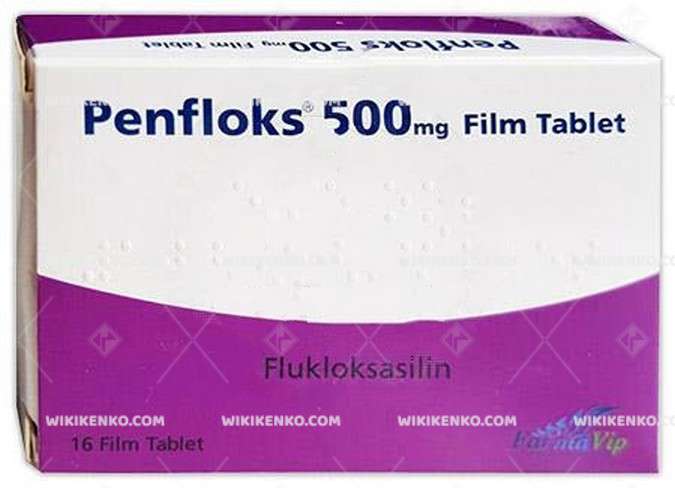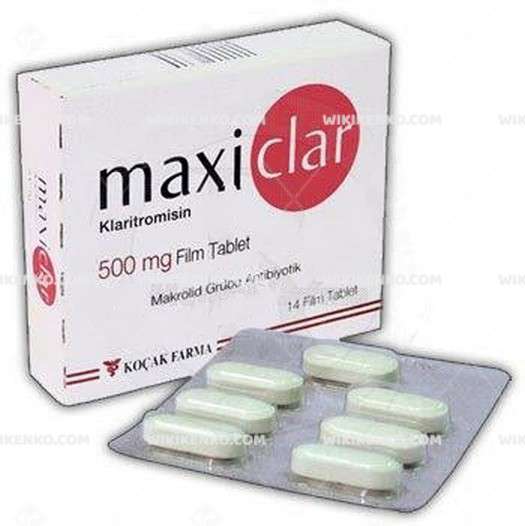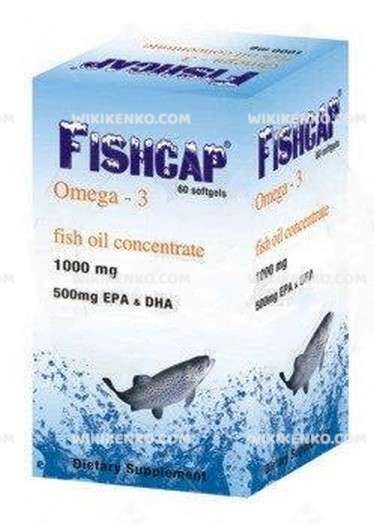Description
Indications
Penfloks Film Tablet is a reliable medication for the treatment of infections caused by susceptible Gram-positive organisms. It is commonly used to treat skin and soft tissue infections, such as boils, impetigo, abscess, infected wounds, carbuncle, infected burns, fronculosis, protection for skin graft, and cellulite. It is also used for respiratory tract infections, such as pneumonia, pharyngitis, empyema, sinusitis, and inflammation of the middle and outer ear. Moreover, it is effective in treating bone infections, septicemia, intestinal inflammation, endocarditis, and urinary tract infections caused by organisms susceptible to flucloxacillin.
Posology and Method of Administration
Penfloks Film Tablet is taken orally and should be taken on an empty stomach. For adults, the recommended dosage is 250 mg, taken four times a day. In severe infections, the dosage can be doubled. For children aged 2-10 years old, the recommended dosage is 125 mg, taken four times a day. For children below 2 years old, the recommended dosage is 62.5 mg, taken four times a day. In cases of severe renal failure, a decrease in dosage may be necessary.
Contraindications
Penfloks Film Tablet is contraindicated in patients with hypersensitivity to active substances or excipients listed in section 6.1 or beta-lactam antibiotics (e.g., penicillin). It is also contraindicated in patients with past flucloxacillin-related jaundice/hepatic dysfunction.
Side Effects
Like other medications, Penfloks Film Tablet has some side effects that patients should be aware of. Some of the reported undesirable effects include rare cases of neutropenia and thrombocytopenia, which are reversible as long as the treatment is not continued. Very rare cases of anaphylactic shock (excluding oral administration) and angioneurotic edema have also been reported. If a hypersensitivity reaction occurs, treatment should be discontinued. Common minor gastrointestinal disorders have been reported, and very rare cases of pseudomembranous colitis have also been reported.
Conclusion
Penfloks Film Tablet is a reliable medication for the treatment of infections caused by susceptible Gram-positive organisms. Its active substance, Flucloxacillin Sodium Monohydrate, is equivalent to 500 mg of Flucloxacillin, which helps fight off bacterial infections. Patients should be aware of its indications, posology and method of administration, contraindications, and undesirable effects before taking this medication. As always, it is best to consult a healthcare professional before taking any medication.












Reviews
There are no reviews yet.